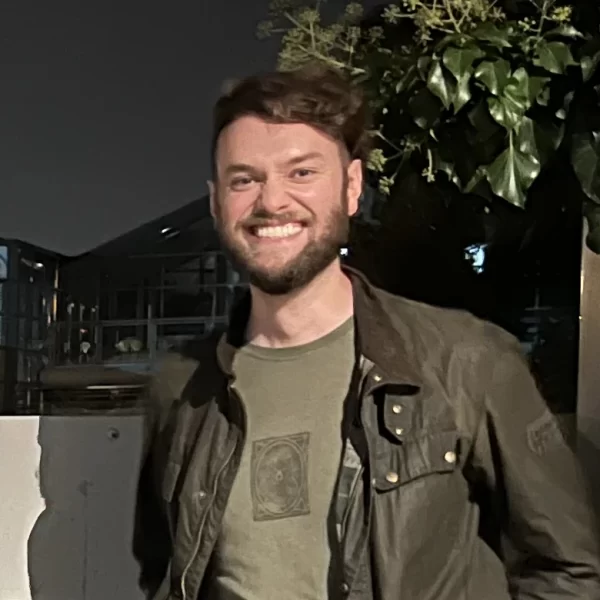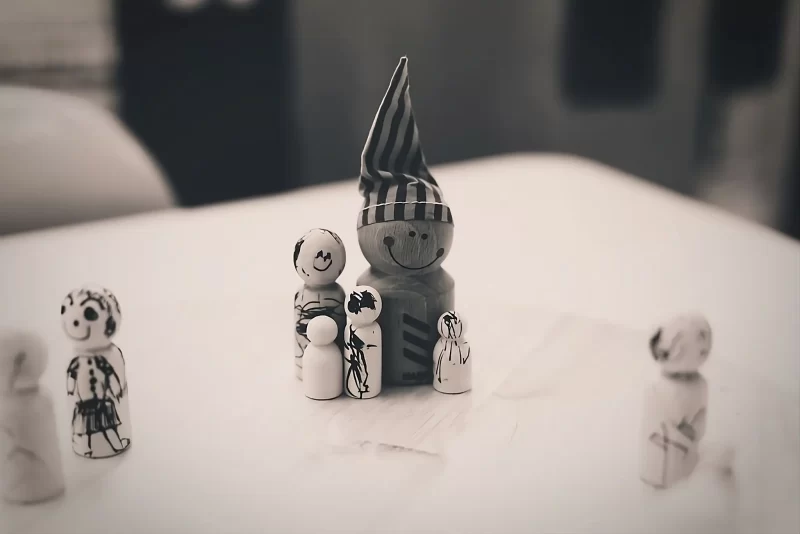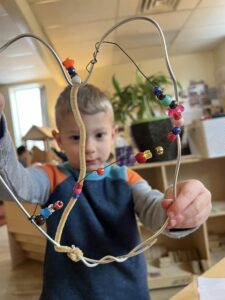Written by Dr. Loris Malaguzzi, and translated by Lella Gandini and Eva Tarini
The Rights of Children
Children have the right to be recognized as the bearers of important rights: individual, social and legal. They both carry and construct their own culture and are therefore active participants in the organization of their identity, their autonomy and their capabilities. The construction of this organization takes place through relationships and interactions with peers, adults, ideas and objects, as well as both real and imaginary events of a communicative world.
Accepting this statement gives rise to fundamental premises for a higher level of participation in citizenship by the individual, as well as in his own human relationships, while at the same time crediting children, all children, with inborn endowments and potential of extraordinary richness, strength and creativity. These gifts cannot be ignored, misunderstood or allowed to wither because this type of neglect will result in suffering and deprivation which is often irreversible. This means that children have the right to fulfill and also expand all of their potential, a process which can be accomplished by recognizing and valuing children’s capacity to socialize, by giving them affection and trust, by satisfying their needs and desires to learn. It is equally important, that children feel assured of an effective alliance with adults who are ready to give help and understanding which will favor more than the simple transmission of knowledge and skills, but rather the development of their ability to research constructive strategies of thinking and action.
This final point is precisely that which contributes to form creative intelligences, free thinking, reflective and sensitive individuals, all through uninterrupted processes of differentiation and integration with other people and with other cultures.
That the rights of children be the rights of truly all children is that dimension which defines and gives value to a more complete sense of humanity.
The Rights of Teachers
Teachers, and others who work in a school, have the right to contribute to widening and deepening those conceptual frameworks which define the content, the goals and the practices of education all through open discussion among colleagues, with educational experts within the institution (such as an educational coordinator), and with the parent advisory board, always with an eye toward a harmony with the rights of the children as well as the parents. In this way teachers will contribute to the choosing of methods and didactics, of projects based on research and observation, and of “fields” of experience all to offer to the children. At the same time teachers will help in shaping their own professional growth and development, in forming the role of the community-teacher partnership in governing the school, and finally, in dealing with the problems connected with the organization of the work environment.
This collaborative network, which is based on multiple interactions, is dependent on the contribution of the ideas and capabilities of each and every person, and is always open to developing, growing and experimenting. As such, it is already a model of research, of educational interaction, of culture and of life. It is a model that not only gives new life to the role of the school and the families, but also renews and deeply reinforces the social nature of the construction and the reconstruction of knowledge. Educators then present themselves to children as immersed in activities which are alive and stimulating. in perfect integration with the children’s needs and desires within a world of relationships, activities which are a path to gaining ownership of knowledge.
On the part of the teachers, of each one of them, it is an occasion to enhance dialogue and discussion, to compare and contrast ideas and experiences, to enrich tools for assessing and making professional judgments.
The Rights of Parents
Parents have the right to participate freely and actively in the elaboration of the founding principles and in their children’s experiences of growth, care and learning while entrusted to the public institution. However, there should be neither delegation of power, nor estrangement. On the contrary, there should be a presence and a role for the parents such as the one valued by our institution’s long tradition and experience. On our part, we have developed, as part of our role, a strong entreaty by the school for parent participation, because we know how fruitful strong cooperation with families can be in order to establish a maximum sense of assurance and well-being on the part of the children. We have also put into place a network of communication which can lead to more true and reciprocal knowledge about the child and learning. This system of communication also leads to a more profitable and shared “researching” for the ways, the content, and the values of a more effective education.
On the part of the parents, we find primarily young parents, parents with different types of jobs, with different maturation, different backgrounds, often of different ethnicity, but all struggling with problems: problems of limited time at their disposal, of the cost of living. of the difficulty of their role as parents, of fears of solitude and of their worries about the future. All these parents also have a great need to matter, a need to speak and discuss and reflect on their problems, problems which revolve primarily around themes which have to do with the growth and education of their children.
If the school and the parents converge toward a collaborative type of “culture” – interactive, as this is a choice which has advantages for everyone, because everyone searches for experiences which are laden with meaning – then one can understand how very hostile and mistaken is a philosophy of self-sufficiency and prescriptions, and to the contrary, how friendly and fruitful is a pedagogy of participation and research.
Participation and research are in fact two terms capable of crystallizing much of the more general conception of our educational theory, and at the same time of highlighting those most important prerequisites for both launching and sustaining a cooperative understanding between parents and teachers with the belief that this partnership adds immeasurably to the educational prospects of children.




